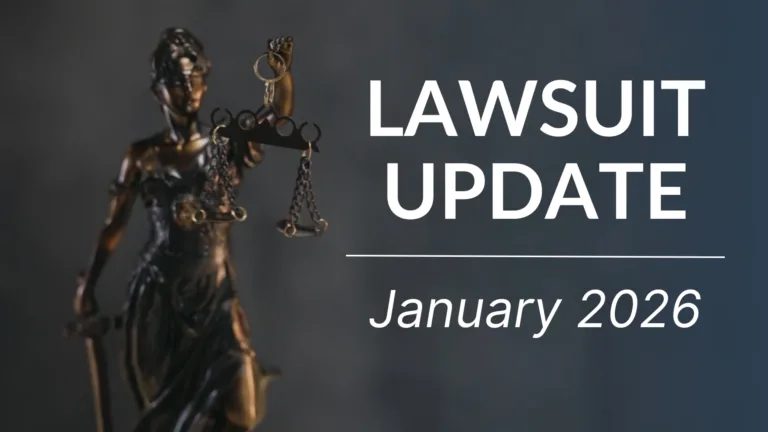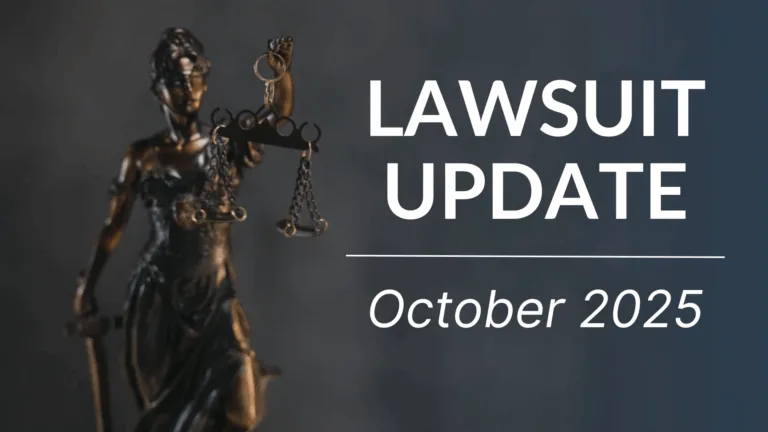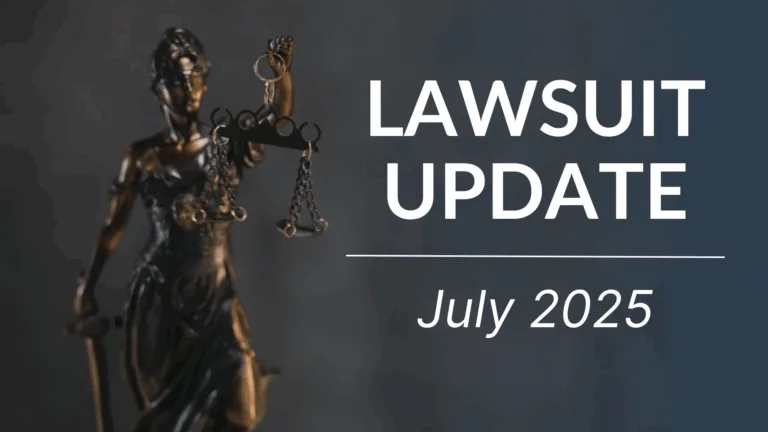
What Every Worker Should Know and How Recent Changes Affect Class Action and PAGA Lawsuits
California has some of the strongest wage and hour laws in the United States, including annual wage adjustments, industry specific minimums, and local ordinances that exceed the state rate. For many workers, changes in minimum wage are not just about pay. They affect legal rights, eligibility for overtime, exemptions, and the scope of lawsuits such as class actions and PAGA (Private Attorneys’ General Act) claims.
Audet & Partners, LLP is committed to helping California employees understand how minimum wage law works and when they might have grounds for legal action.
What is the Current California Minimum Wage?
- Statewide rate (all employers): $16.50 per hour, effective January 1, 2025
- Upcoming increase: Starting January 1, 2026, the rate is set to increase to $16.90 per hour based on the Consumer Price Index and state law
- Higher minimums in specific industries and localities:
- Fast food workers in limited service chains with 60 or more locations nationwide have a higher wage requirement
- Many cities and counties have minimum wages above the state floor, including San Francisco, Berkeley, Emeryville, Los Angeles, and Santa Monica
Why These Changes Matter Legally
Exempt vs. Non Exempt Classification
The minimum wage affects the salary thresholds for exempt employees such as executive, administrative, and professional workers. If the salary paid does not meet both the required salary level and the job duties test, then even if someone is salaried they may be non exempt and thus entitled to overtime, rest breaks, and other protections.
Local and Industry Specific Laws
Employers must comply not only with the state minimum wage, but also with higher local or industry minimums where applicable. When local law is higher, that law controls. Industry specific laws such as those in fast food or healthcare may impose higher rates or additional obligations.
How Minimum Wage Increases Drive Class Action and PAGA Lawsuits
- Minimum wage violations
When employers fail to pay the correct minimum wage, workers can bring class actions or PAGA claims for the aggregate unpaid wages. This can happen due to miscalculation, misclassification, or failure to adjust wages when the law changes. - Salary thresholds for exempt employees
If minimum wage and related salary floors increase, some employees previously classified as exempt may no longer meet the salary requirement. This can open up claims for misclassification, unpaid overtime, and denied rest breaks. - Wage theft and unpaid hours
Failure to include certain hours, mandatory waiting time, overtime, or unpaid breaks can multiply when rates increase, expanding potential liability in class or PAGA suits. - Local minimum wage vs. state floor mismatches
Workers in cities with higher wage ordinances may have rights under local law. Employers who pay only the state minimum may still be in violation locally. - Retroactive claims and discovery
When the law changes, employees may look back to prior pay periods to see if they were owed more, which can lead to claims going back multiple years depending on statute of limitations.
Recent Case Studies and Legal Decisions
Iloff v. LaPaille (2025)
A maintenance worker, Laurance Iloff, worked in exchange for free rent rather than cash wages. The employer claimed ignorance of the law as a defense. The Court held that ignorance is not a valid defense and that employers must make a reasonable attempt to determine legal requirements.
DIR Wage Theft Case against Wingstop (2024)
Over 550 Wingstop employees in Kern County brought claims for unpaid minimum wages and related violations. The case settled for 1.7 million dollars, demonstrating the exposure for large employers who fail to comply with wage laws.
DIR Settlement Case (2024)
A case involving unpaid minimum wages, overtime, and missed breaks resulted in a settlement of more than 600,000 dollars. This shows that even medium-sized violations are costly when aggregated across employees.
Amazon Class Action (2024)
Amazon workers alleged unpaid overtime and wage hour violations. The case settled for 3 million dollars, showing that large employers with thousands of workers face significant risk when wage laws are not followed.
What Workers Should Do If They Believe Their Rights Were Violated
- Check whether their pay meets state, industry, and local minimum wage laws
- Verify whether they are properly classified as non exempt vs exempt
- Collect evidence such as pay stubs, time records, and communications about pay and breaks
- Understand statute of limitations for PAGA and class action claims
- Seek legal advice as these cases involve complex procedural rules
How Audet & Partners, LLP Can Help
Audet & Partners, LLP specializes in employment law, including wage and hour litigation, class actions, and PAGA claims. If you believe your employer has violated minimum wage laws, you may have a claim. Contact us for a free, confidential case evaluation by calling (800)965-1461 or submitting the confidential inquiry form on our site.
FAQ
California has strict rules on this. Tips and commissions generally cannot replace the minimum wage requirement, and additional wages may be required.
Yes. State and local minimum wage laws apply if the employee works in California, even remotely.
Yes. California courts have held that PAGA claims cannot be waived by arbitration agreements because employees act as proxies for the state.
Workers are entitled to the higher of the two rates.
Conclusion
California’s minimum wage is more than just a number. It is a legal standard that interacts with classification, overtime, local ordinances, and litigation risk. As the minimum wage rises to $16.50 in 2025 and $16.90 in 2026, employers and employees alike must stay informed. Violations can lead to class actions or PAGA suits with significant financial exposure.
If you believe you were not paid what the law requires or were misclassified, Audet & Partners, LLP can evaluate your situation and determine whether you may have a valid claim. Call us at (800)965-1461 or use our confidential inquiry form.
Stay informed on ongoing cases by visiting our investigations page.



